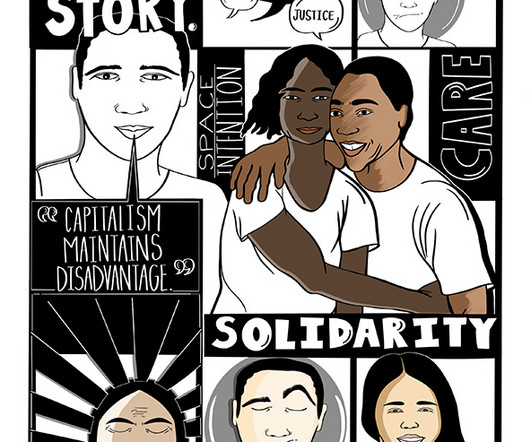Shifting the Harmful Narratives and Practices of Work Requirements
NonProfit Quarterly
FEBRUARY 29, 2024
Image credit: Drazen Zigic on istock.com Work requirements—or requiring people to find employment in order to access public benefits—force people to prove that they deserve a social safety net. But where did they come from, and why are they still a central part of economic policy today? So, what keeps them alive today?











Let's personalize your content